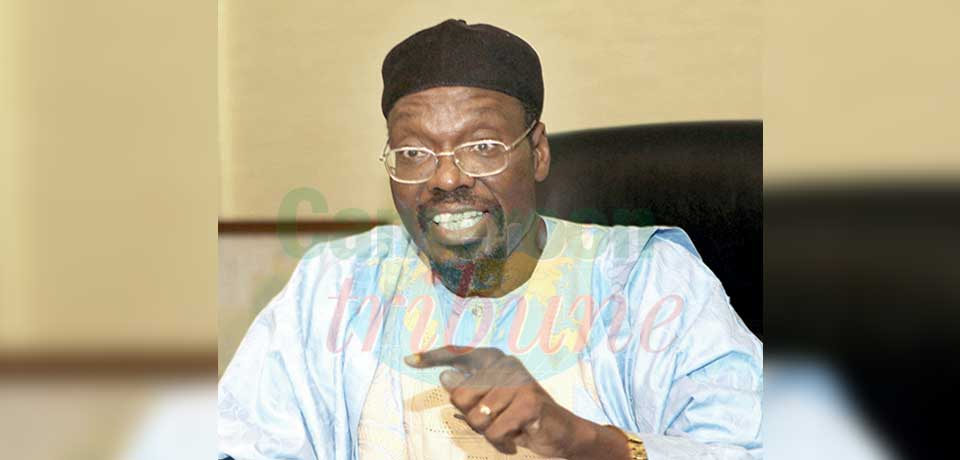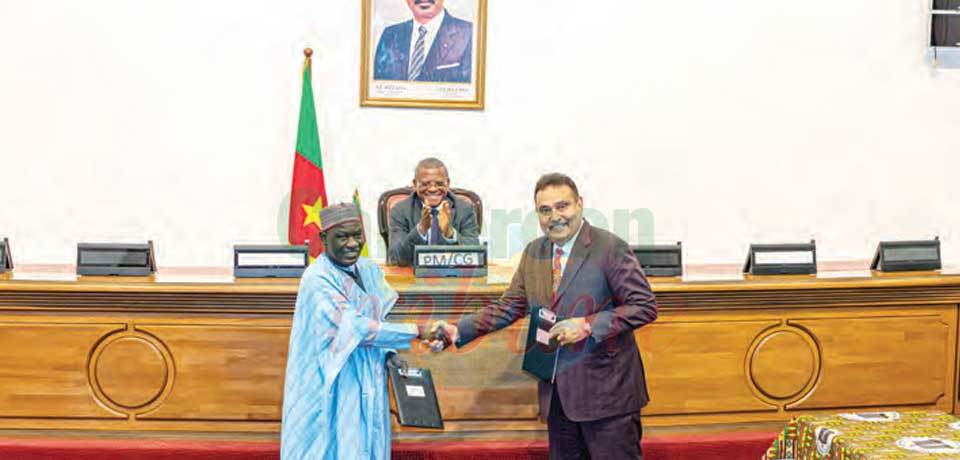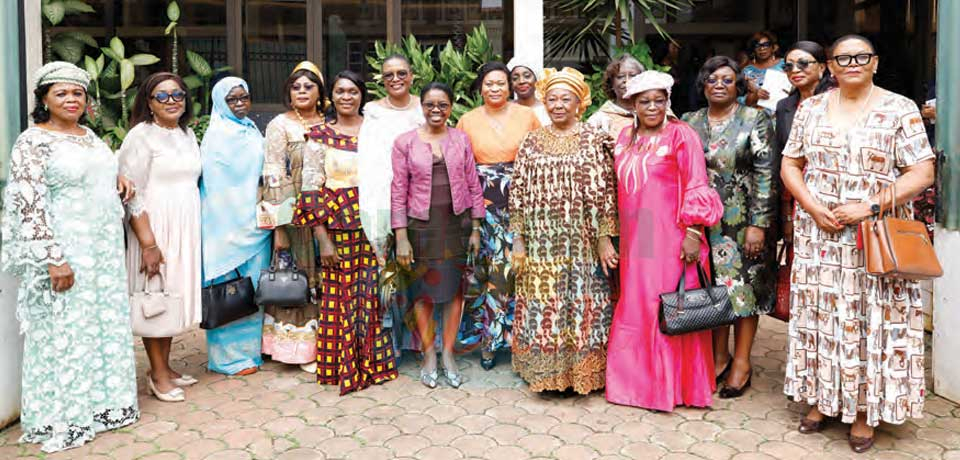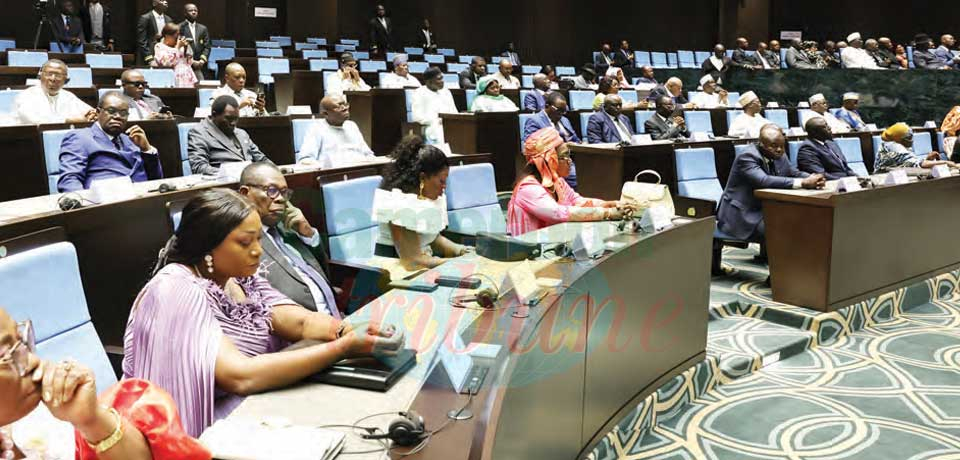Vocational Training : What Will Change?
- Par Eulalia AMABO
- 01 Jun 2023 12:05
- 0 Likes

The vocational training sector in Cameroon, considered the bedrock of consolidating entrepreneurship and job creation, has witnessed some major innovations through the creation of the National Trainer Training and Programme Development Centre by the President of the President, Paul Biya on May 4, 2023. The Centre will amongst other things boost vocational training, enhance human capital, and address employment challenges in the labour market. With Cameroon working at becoming an emergent nation by 2035, vocational training is paramount in the process. The concept occupies important space in the National Development Strategy (NDS30) of Cameroon. The Centre will thus offer programmes and train trainers that will meet the needs of the job market in both the private and public sectors. Theories will be matched with practical approaches and productivity is guaranteed while the dependence on government as the only source of job creation is reduced. In addition, the entrepreneurial platform is broadened as more skills on job creation will be harnessed in the Centre. In the interview below, the Minister of Employment and Vocational Training highlights the major innovations the Centre will bring to the sector and what the economy stands to benefit in the short, medium and long terms.
The Head of State on May 4, 2023 signed a decree laying down the establishment and organisation of the National Trainer Training and Programme Development Centre. What do you make of such a decree?
The decree signed by the Head of State and published on May 4, 2023 is a giant step towards achieving excellence in vocational training which once again makes Law No. 2018 governing vocational training in Cameroon operational and reinforces the Head of State’s vision as expressed in our National Development Strategy (NDS 30). This strategy indeed makes the development of human capital an unwavering condition for achieving Cameroon’s emergence by 2035. This clearly shows that the Cameroon government is still concerned about the need to improve the performance of the vocational training system and foster competition in the national economy and youth employability, in accordance with innovation and inclusion values. In addition, this decree responds to the growing need for skills and encourages innovation in the vocational training sector in Cameroon. It provides the Cameroon vocational training system with a specialised institution devoted to ensuring that training trades are professionalised. Finally, it will address the issue of quality of learning by improving the professionalism of teaching and administrative staff (trainers, directors etc) as well as research and development in training engineering. Being a trainer is a full-blown job, and it requires the trainer to continuously acquire teaching skills and methods, because as the saying goes, he who “stops learning stops teaching.”
What major innovation is the Centre bringing in vocational training?
The setting up of such a Centre is to address the magnitude of the pedagogical and technical skills gap through sustained and varied action in terms of upgrading and improving trainers. Training programmes could be built on the basic principles of pedagogical activity especially in the areas of; Apprenticeship pedagogy in vocational training (approaches, methods and tools), training programmes engineering, training systems engineering (alternating courses, apprenticeship, in-company training etc), the socio-technical and professional approach to the training courses in the trades offered by the Centre and, the competency-based approach in vocational training. The Centre will help in improving vocational training by offering a wide range of quality courses and by strengthening well-qualified human resources in training engineering and pedagogical engineering. Vocational training engineeri...
Cet article complet est réservé aux abonnés
Déjà abonné ? Identifiez-vous >
Accédez en illimité à Cameroon Tribune Digital à partir de 26250 FCFA
Je M'abonne1 minute suffit pour vous abonner à Cameroon Tribune Digital !
- Votre numéro spécial cameroon-tribune en version numérique
- Des encarts
- Des appels d'offres exclusives
- D'avant-première (accès 24h avant la publication)
- Des éditions consultables sur tous supports (smartphone, tablettes, PC)














Commentaires